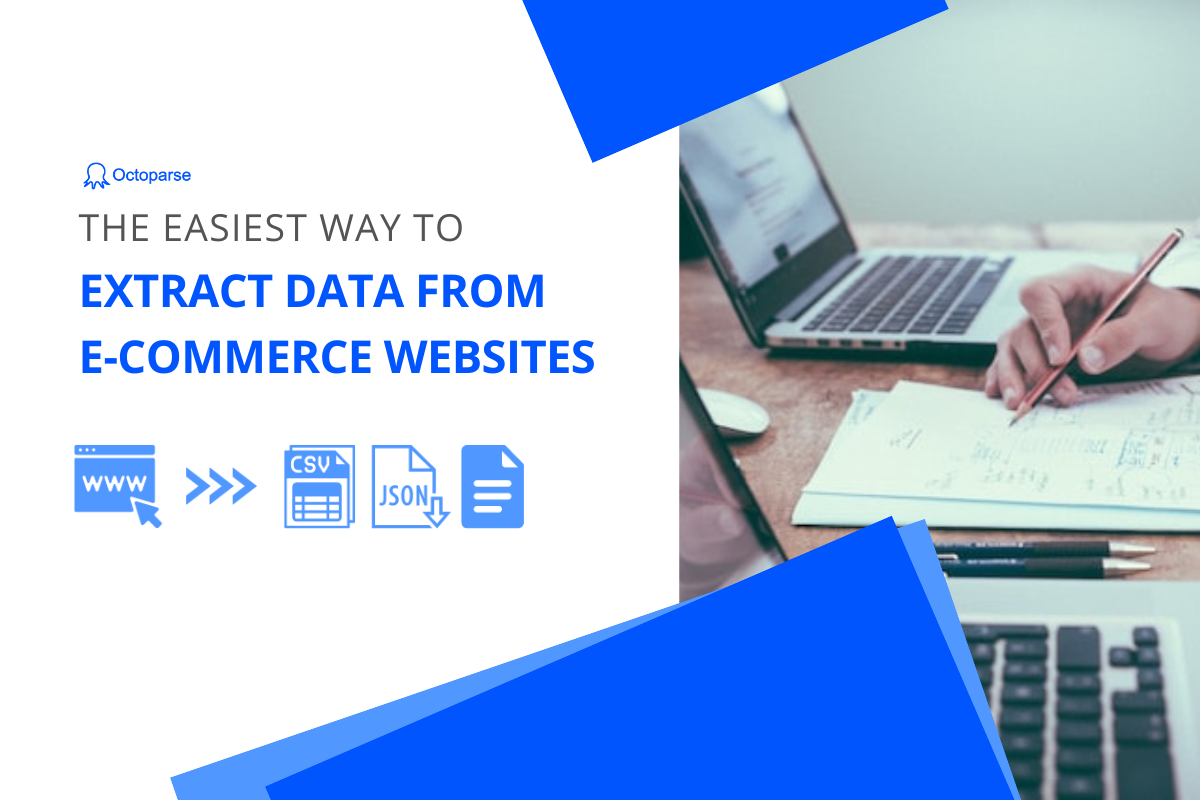
Understanding the Digital Data Landscape
In the rapidly evolving digital ecosystem, e-commerce websites represent complex repositories of invaluable market intelligence. As businesses increasingly rely on data-driven decision-making, the ability to extract and analyze information from online platforms has become a critical competitive advantage.
Web scraping emerges as a powerful technique that transforms raw digital content into structured, actionable insights. This comprehensive guide will walk you through the intricate world of e-commerce data extraction, providing you with the knowledge, strategies, and technical expertise to navigate this sophisticated landscape.
The Economic Significance of Web Scraping
The global web scraping market has experienced exponential growth, with recent studies projecting the industry to reach [\$4.7 billion] by 2025. This remarkable expansion reflects the increasing demand for real-time market intelligence across various sectors, from retail and finance to technology and research.
Technical Foundations of Web Scraping
Programming Languages and Extraction Frameworks
Python stands at the forefront of web scraping technologies, offering robust libraries and frameworks that enable sophisticated data extraction. Libraries like BeautifulSoup, Scrapy, and Selenium provide developers with powerful tools to navigate complex website structures and extract precise information.
Advanced Extraction Example
import requests
from bs4 import BeautifulSoup
def extract_product_details(url):
"""
Sophisticated product data extraction function
Demonstrates advanced web scraping techniques
"""
try:
# Simulate browser request
headers = {
‘User-Agent‘: ‘Mozilla/5.0 (Windows NT 10.0; Win64; x64) AppleWebKit/537.36‘
}
response = requests.get(url, headers=headers)
# Parse HTML content
soup = BeautifulSoup(response.content, ‘html.parser‘)
# Advanced extraction logic
product_data = {
‘name‘: soup.find(‘h1‘, class_=‘product-title‘).text.strip(),
‘price‘: soup.find(‘span‘, class_=‘product-price‘).text.strip(),
‘description‘: soup.find(‘div‘, class_=‘product-description‘).text.strip()
}
return product_data
except Exception as e:
print(f"Extraction error: {e}")
return NoneNavigating Complex Website Architectures
Modern e-commerce platforms employ sophisticated techniques to protect their data, including:
- Dynamic content rendering
- JavaScript-based page generation
- Complex authentication mechanisms
- Sophisticated anti-scraping technologies
Successful web scraping requires a multi-layered approach that combines technical expertise, strategic thinking, and adaptive methodologies.
Legal and Ethical Considerations
Compliance and Responsible Data Collection
Web scraping exists in a nuanced legal landscape that demands careful navigation. Key considerations include:
- Respecting Website Terms of Service
- Adhering to Robots.txt Guidelines
- Implementing Ethical Data Collection Practices
- Protecting Individual Privacy
- Maintaining Transparent Extraction Methodologies
Professional web scrapers must develop a comprehensive understanding of regional regulations, including GDPR in Europe and various data protection laws worldwide.
Advanced Extraction Strategies
Proxy Management and IP Rotation
To overcome IP blocking and geographical restrictions, sophisticated web scraping implementations leverage:
- Residential proxy networks
- IP rotation mechanisms
- Geolocation-based extraction techniques
These strategies enable more robust and reliable data collection, reducing the risk of being blocked or detected by target websites.
Tools and Technologies
Comparative Analysis of Web Scraping Platforms
1. Octoparse
- No-code extraction platform
- User-friendly interface
- Cloud-based scheduling
2. ParseHub
- Machine learning-powered extraction
- Visual workflow design
- Complex data collection capabilities
3. Scrapy Framework
- Open-source Python library
- High-performance scraping
- Extensive customization options
Performance Optimization Techniques
Scaling Your Data Extraction Infrastructure
Successful web scraping requires a holistic approach to performance optimization:
- Distributed computing architectures
- Asynchronous request handling
- Efficient data storage mechanisms
- Incremental extraction strategies
Real-World Case Studies
E-Commerce Intelligence Transformation
A mid-sized market research firm implemented advanced web scraping techniques, reducing competitive analysis time from weeks to hours. By developing a sophisticated extraction framework, they increased market intelligence accuracy by over 60%.
Future Trends in Web Scraping
The future of data extraction will be shaped by:
- Artificial intelligence-powered algorithms
- Machine learning model refinement
- Enhanced anti-detection technologies
- Blockchain-based verification mechanisms
Conclusion: Mastering the Art of Web Scraping
Web scraping represents a powerful intersection of technology, strategy, and market intelligence. By understanding advanced techniques, leveraging sophisticated tools, and maintaining ethical standards, professionals can transform raw web data into actionable insights.
Key Recommendations
- Invest in continuous learning
- Develop a robust technical infrastructure
- Prioritize legal and ethical considerations
- Remain adaptable to technological changes
Next Steps for Aspiring Web Scraping Professionals
- Assess current data collection processes
- Select appropriate extraction tools
- Develop comprehensive scraping strategies
- Implement pilot projects
- Continuously iterate and optimize your approach
By embracing these principles and techniques, you‘ll be well-equipped to navigate the complex world of e-commerce data extraction, turning digital information into a strategic business advantage.










